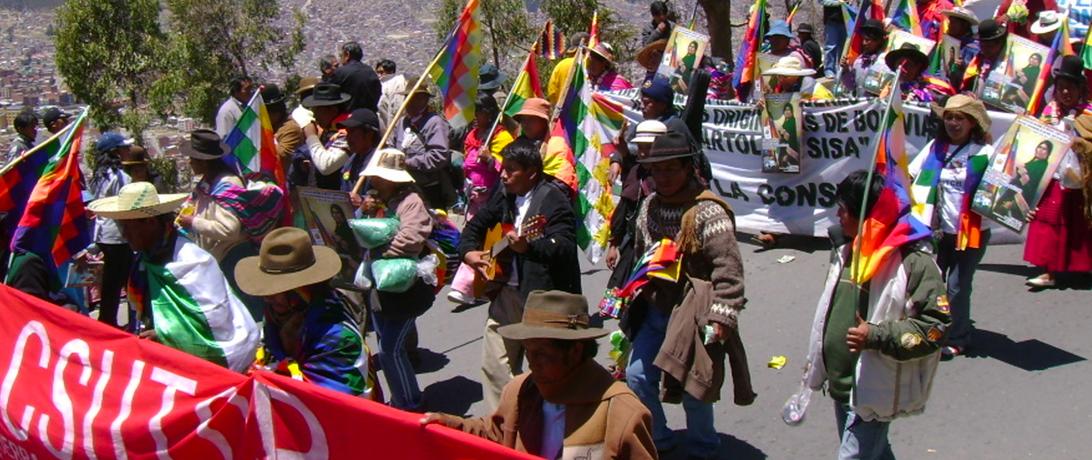Mobilizing Dissent While Building a Foundation for Democracy
Last year, the Obama administration announced a new civil society initiative, Stand with Civil Society, calling for support of civil society groups across the world and acknowledging the role they play in pushing for citizen engagement, equity, transparency and accountability. These positive perspectives of civil society pushing for more democratic governance contrasts with more skeptical views that civil society may actually negatively impact the prospects for developing strong democracies. For example, in non-democracies, civil society may strengthen authoritarian regimes (for examples, see here and here). Alternatively, in democracies, civil society groups may undermine support for democratic systems by calling attention to government’s shortcomings (see here, here and here). The idea, first posited by Samuel Huntington in 1968, that political mobilization by civil society groups can threaten weakly institutionalized governments remains a concern.
A blog I posted today on the Panoramas online journal through the University of Pittsburgh, along with my co-author Carew Boulding, discusses these competing perspectives about the role of civil society in weakly institutionalized democracies. It presents our finding from our paper that explores these questions in Bolivia, a case where civil society has facilitated mass mobilization and protests that at times seem quite challenging for democratic governance.
